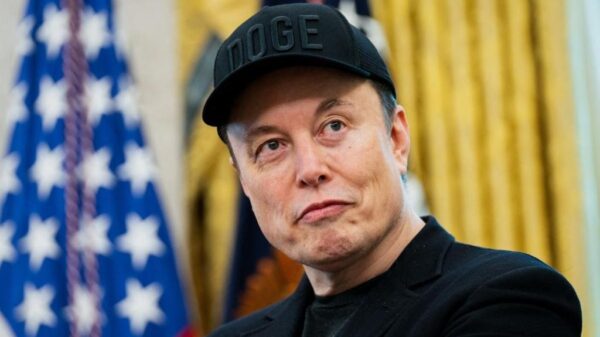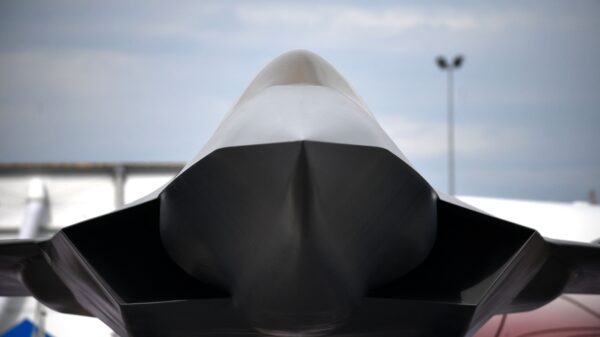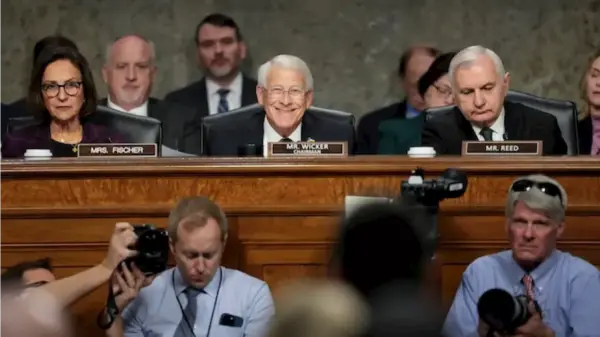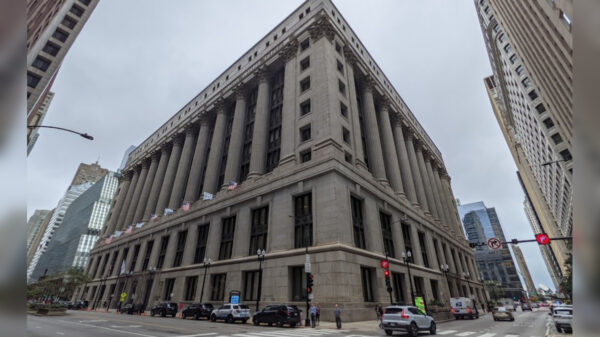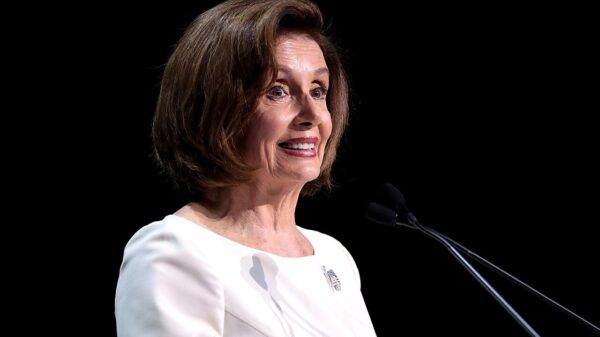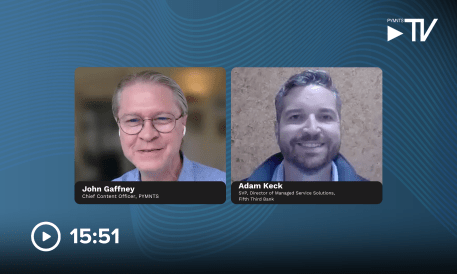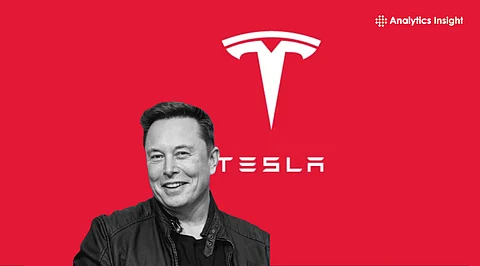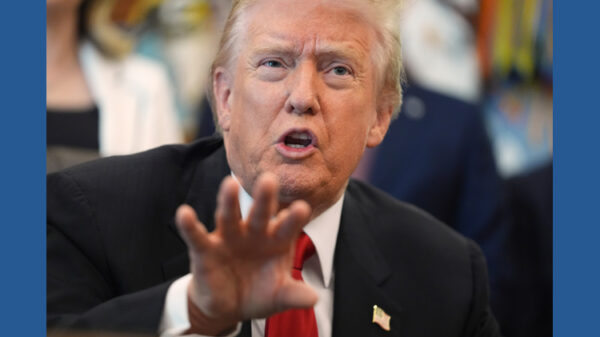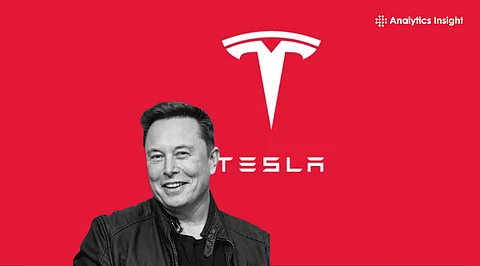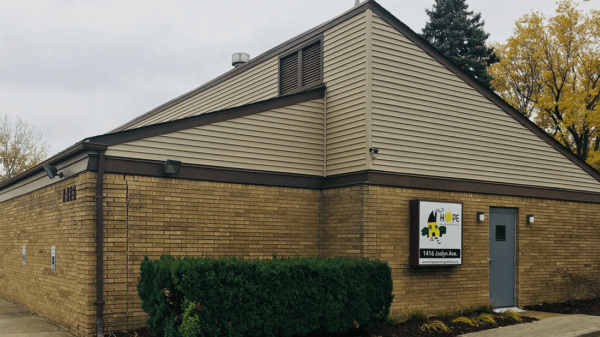Tesla shareholders have overwhelmingly approved a historic compensation package worth $1 trillion for CEO Elon Musk. This decision, made during the company’s annual general meeting on March 15, 2024, in Austin, Texas, marks the largest corporate pay deal ever recorded. More than 75% of the shareholders voted in favor of Musk’s ambitious long-term plan, which aims to transition Tesla from primarily an electric vehicle manufacturer to a leader in artificial intelligence and robotics.
Transforming Tesla’s Future
The approval of Musk’s pay package underscores significant investor confidence in his vision for the company. The compensation, potentially valued at $878 billion after adjustments, is intricately tied to a series of operational and valuation milestones. These include producing 20 million vehicles annually, deploying 1 million robotaxis, and generating $400 billion in core profits. Furthermore, Tesla’s valuation is targeted to reach between $2 trillion and $8.5 trillion, with Musk set to receive 1% of the company’s shares for each milestone achieved.
“We are about to embark upon a new chapter in Tesla’s future, a whole new book,” Musk stated during the meeting. He highlighted plans to launch the Cybercab robotaxi in April and unveil the next-generation Roadster. There are also ambitions to establish a massive AI chip fabrication facility in partnership with Intel, showcasing Tesla’s commitment to pioneering advancements in technology.
Investor Concerns and Governance Issues
The approval process followed extensive discussions among major investors and industry analysts. Critics described the package as “excessive and unnecessary,” arguing it could lead to misalignment between Musk’s interests and those of shareholders. On the other hand, proponents maintained that retaining Musk’s leadership is crucial for aligning his strategic objectives with shareholder interests.
In addition to the compensation package, shareholders also voted to approve Tesla’s investment in Musk’s AI startup, xAI. However, many investors abstained from this vote due to potential conflict-of-interest concerns. Corporate governance experts, such as Jessica McDougall from Longacre Square, emphasized the need for increased oversight to maintain clear boundaries between Tesla and xAI. Notably, Norway’s sovereign wealth fund and proxy advisory firms Glass Lewis and ISS opposed the proposal, warning of potential dilution of shareholder value.
The approval of Musk’s compensation package and related plans represents a defining moment for Tesla. As the company pivots towards integrating AI and robotics into its operations, it faces scrutiny regarding Musk’s political commentary and distractions stemming from his other ventures, including SpaceX and xAI. Nevertheless, investor sentiment remains optimistic, as many believe Musk’s bold vision will pave the way for exponential growth.
If Tesla successfully meets its ambitious targets, Musk stands to gain 12% of the company’s shares, potentially securing his position as the world’s richest individual and solidifying his role as the architect of Tesla’s transformation into a dominant player in the AI sector.



